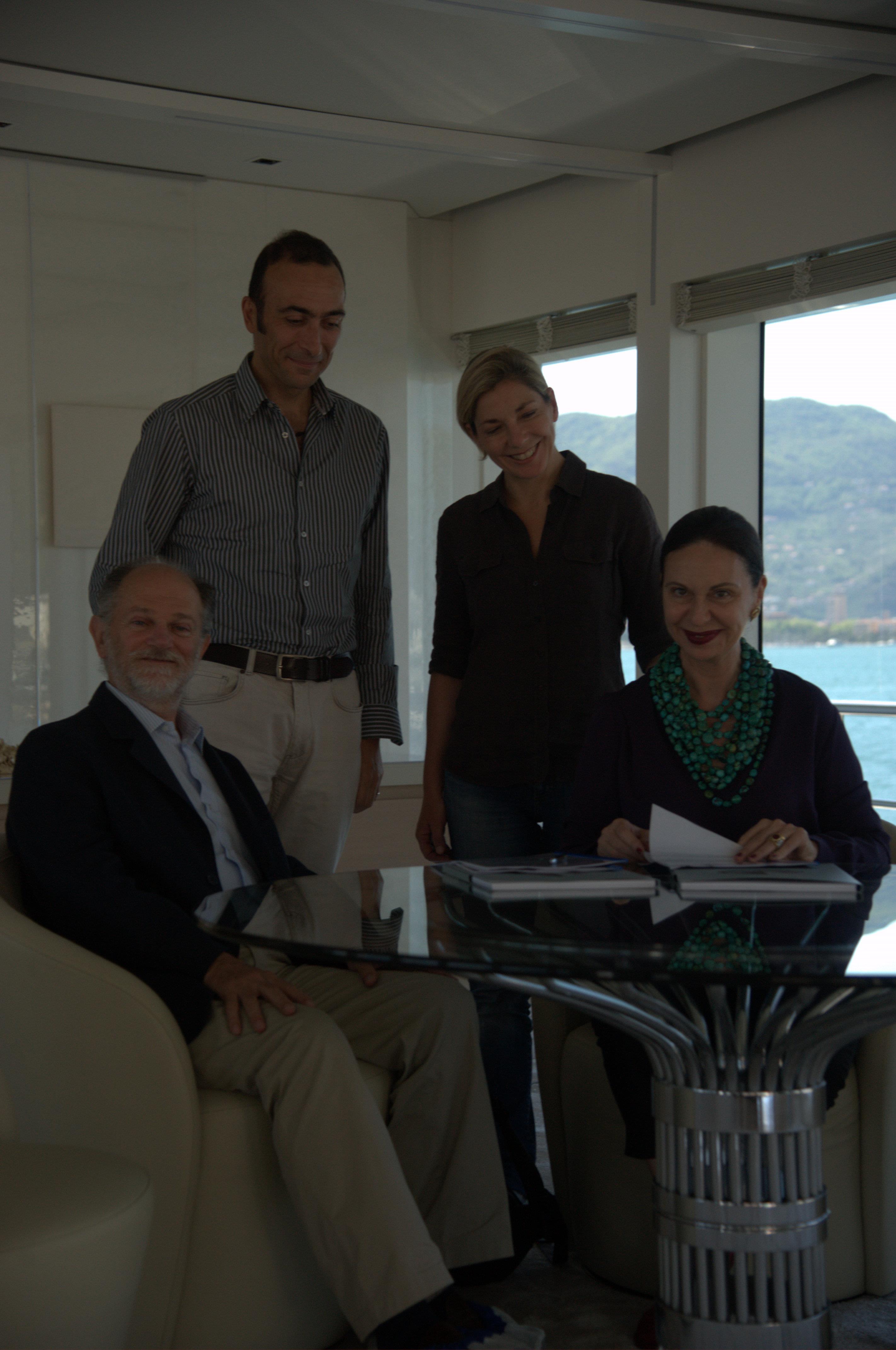

The implementation of the Waterevolution model not only increases resources and energy efficiency within industries but also translates into significant cost savings and consequently increases competitiveness. We pioneered an operational framework to apply and improve environmental standards and transparency in supply chains that affect the oceans and facilitated investment in marine conservation. A key component of the application of this model is that marine industry cluster partners embrace stewardship of the marine environment by reinvesting a percentage of savings into meaningful marine conservation programs proven for their efficiency.Thanks to the pilot project, the following projects were financially supported: - Funded the Tethys Research Institute to update research on the Pelagos Sanctuary, largest marine protected area in the Mediterranean Sea, covering about 90.000 km2 - Funded an entire year of research and strategic planning of the IUCN WCPA-Marine Marine Mammal Task Force’s work on Important Marine Mammals Areas (IMMAs) - On-the-ground marine conservation and awareness activities and communication campaigns for ocean sustainability and conservation including various conferences held in Milan for the Universal EXPO
- The current need to redefine marine policies dictated by international directives that endeavor to embrace sustainability
- Lack of financial resources to plan and implement long term marine conservation - Adoption of a collaborative approach
- Identification of the natural environment as a key stakeholder and environmental cost as company ‘externalities’
The main success factor of the model is related to its ability to demonstrate that cost efficiency, sustainable practices and environmental conservation can indeed coexist. The model proposes an innovative operational framework that addresses real ocean responsibility and not just a token payment that is more like charity and not tied to actionable improvement in sustainability. This represent a core challenge for the industry to not just “pose” as friends of the environment (greenwashing) but to significantly recondition their business to decrease their environmental footprint and decide to invest and genuinely commit to ocean sustainability. On the other side the challenge was to find a non profit organisation that was able to provide a strategic project for investment. We found that required criteria were met by the Tethys Research Institute project to update research on the Pelagos Sanctuary and by the IUCN WCPA-Marine Marine Mammal Task Force’s strategic planning work on IMMas